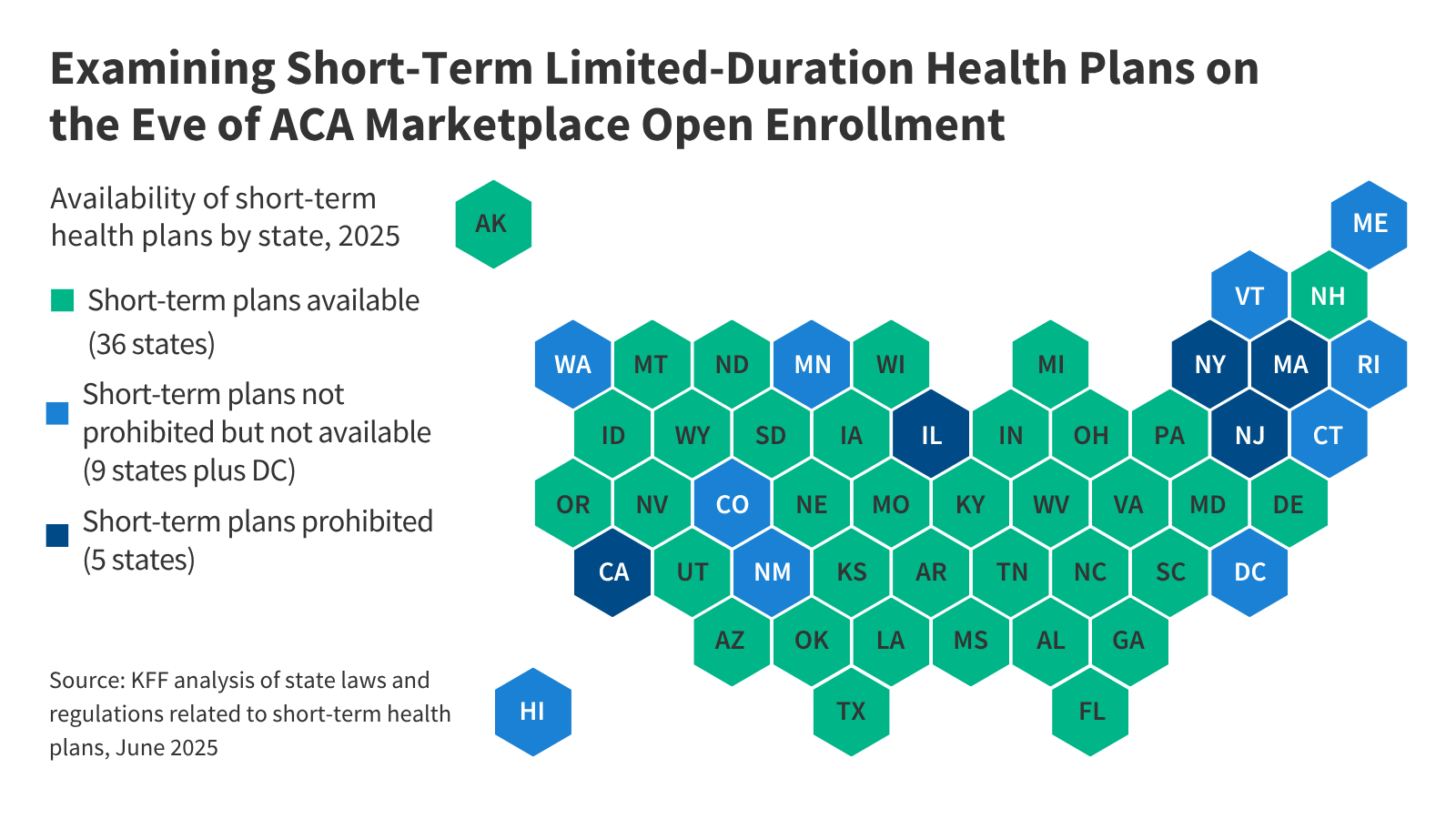Poll: People View Prior Authorization as Greatest Burden in Navigating the Health System
New KFF polling explores the challenges beyond costs that people with insurance face in navigating the health care system. People cite prior authorization review as their top problem by a wide margin, with a third saying prior authorization requirements are a “major burden.




